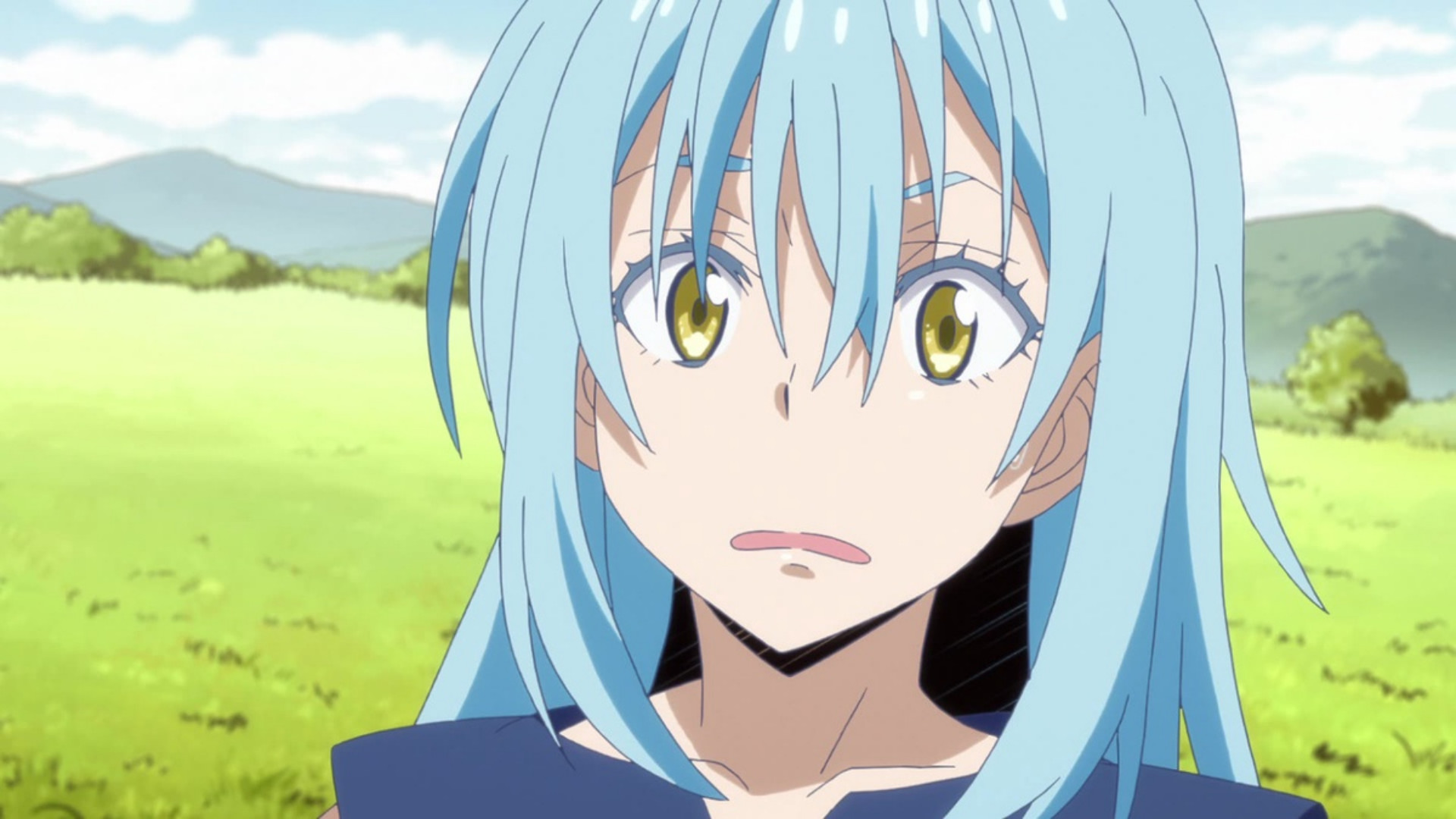
English-speaking manga and anime enjoyers just received a powerful dose of validation, as two words inextricably linked to the scene have just made their way into the language's main historical dictionary.
Earlier this week, Oxford University Press announced that 23 new Japanese words had been added to the 500 or so loanwords that already feature in the Oxford English Dictionary. Many of those were food-related - such as Katsu, Hibachi, Santoku, or Tonkotsu - and a few others pertained to specific crafts. Kintsugi, for instance, is the well-known Japanese art of fusing broken objects back together with gold, while Kirigami is not too distant from the world-famous art of Origami.
Also included in the list of craft words, however, is Mangaka. Defined simply as "a writer or illustrator of manga," it's interesting to see the increased presence that mangaka themselves have had in mainstream culture in recent years. Sadly, in many of those cases, it's been the artists' deaths that have marked that change, with the passing of Berserk mangaka Kentaro Miura in 2021, and the recent death of Dragon Ball creator Akira Toriyama.
Elsewhere, the list of words includes Tokukatsu - "a genre of Japanese film or television entertainment characterized by the use of practical special effects." Of those, classic Godzilla films or shows like Power Rangers are likely best known. But one other word in particular caught my eye: Isekai. Defined here as "a Japanese genre of science or fantasy fiction featuring a protagonist who is transported to or reincarnated in a different, strange, or unfamiliar world," the concept is a pivotal framework for untold numbers of anime, manga, novels, and more, which have taken over the fantasy space in the last decade.
Isekai is not an inherently Japanese concept - Alice in Wonderland, The Wizard of Oz, Peter Pan, and The Lion, The Witch, and The Wardrobe all use very similar ideas - but the format is especially ubiquitous within anime and manga, helping the word gain a greater footing in popular culture within the West. Of course, the popularity of Japanese art is not a new phenomenon outside of Japan - the Oxford English Dictionary has been aware of the word 'anime' since 1985 - but as that popularity grows, it's interesting to see specific aspects of the scene gain a foothold in increasingly varied places.
Get caught up with the best manga of 2023.
Comic deals, prizes and latest news
Get the best comic news, insights, opinions, analysis and more!

I'm GamesRadar's news editor, working with the team to deliver breaking news from across the industry. I started my journalistic career while getting my degree in English Literature at the University of Warwick, where I also worked as Games Editor on the student newspaper, The Boar. Since then, I've run the news sections at PCGamesN and Kotaku UK, and also regularly contributed to PC Gamer. As you might be able to tell, PC is my platform of choice, so you can regularly find me playing League of Legends or Steam's latest indie hit.


